The views expressed in our content reflect individual perspectives and do not represent the authoritative views of the Baha'i Faith.
Imagine, just for a moment, that you lived almost 200 years ago; that a close relative had just died; and that the will gave you “ownership” of his slaves. What would you do?
At that time, in many if not most countries in the world, slavery was completely legal; and freeing slaves, known as manumission, was relatively unheard-of.
And yet Baha’u’llah, the founder of the Baha’i Faith, liberated his father’s inherited slaves soon after his father’s passing in 1839. This remarkable incident, recounted in the previous essay in this series, came about when Baha’u’llah wrote a prayer of freedom that categorically termed slavery “a sin with which no other sin in Thy kingdom can compare:”
How, then, can this thrall claim for himself ownership of any other human being? Nay, his very existence before the court of Thy might is a sin with which no other sin in Thy kingdom can compare.
[Official translation and original Arabic of the “Mubarak Prayer” can be found here.]
In reconstructing the events leading up to this unprecedented, historic act based upon the available evidence, it appears that Baha’u’llah, upon inheriting his father’s slaves, immediately set them free in 1839 (the year of his father’s passing). But, evidently, before doing so, some of these slaves were assigned to the service of other siblings, including Mubarak, who served Baha’u’llah’s sister and her family.
Then, at some point after 1853, Mubarak went to Baghdad and asked Baha’u’llah to set him free, as well. We already know that Baha’u’llah liberated those slaves he inherited from his father, Mirza Buzurg, based squarely on Abdu’l-Baha’s testimony cited above. Baha’u’llah then liberated his sister’s slave, Mubarak, probably sometime in the 1850s. We can conclude this from information provided by the Research Department at the Baha’i World Centre, and by respected Baha’i scholars such as Dr. Moojan Momen and Dr. Armin Eschraghi.
And then, in 1873, Baha’u’llah, prophet-founder of the Baha’i Faith, abolished slavery, in principle, once and for all time, with this decree:
It is forbidden you to trade in slaves, be they men or women. It is not for him who is himself a servant to buy another of God’s servants, and this hath been prohibited in His Holy Tablet. Thus, by His mercy, hath the commandment been recorded by the Pen of justice. Let no man exalt himself above another; all are but bondslaves before the Lord, and all exemplify the truth that there is none other God but Him. He, verily, is the All-Wise, Whose wisdom encompasseth all things. – Baha’u’llah, The Most Holy Book, p. 45.
In another Tablet revealed for Mas‘ud (a slave of one of the Bab’s uncles, and who had become an ardent Baha’i), Baha’u’llah proclaims the oneness of humanity and abolishes the entire idea of rank and class divisions:
Verily, before the one true God, they who are the rulers and lords of men and they that are their subjects and vassals are equal and the same. The ranks of all men are dependent on their potential and capacity. Witness unto this truth are the words, “In Truth, they are most honored before God who are most righteous.” – Baha’u’llah, Black Pearls, p. 39.
These extraordinary statements, which Baha’is view as the very beginnings of the advent of the equality of all people, demonstrate that Baha’u’llah brought an entirely new era to humanity.
In the next article, the specific circumstances surrounding the libration of Mubarak will be examined in detail, based upon a tentative reconstruction of the events, as they transpired, so that the historical record will become more clear — and significant.


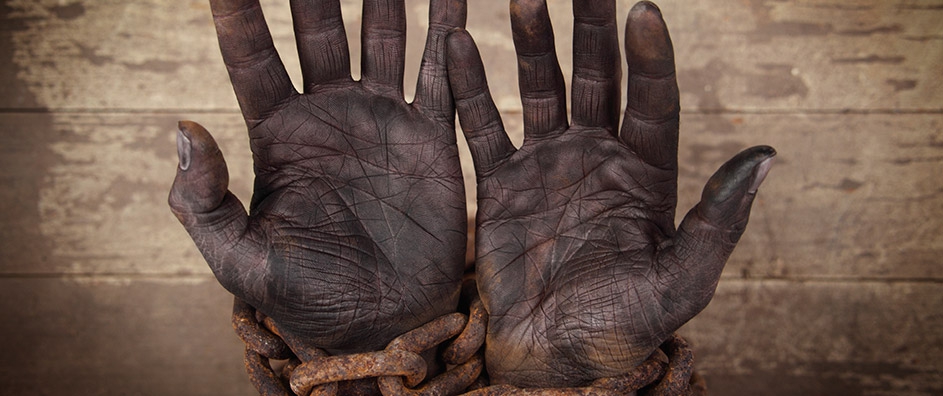
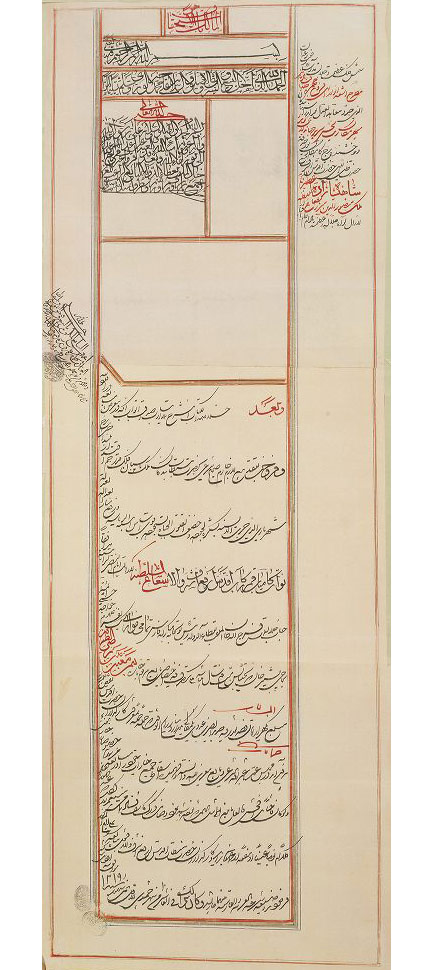

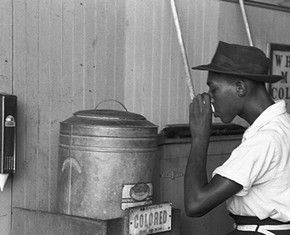
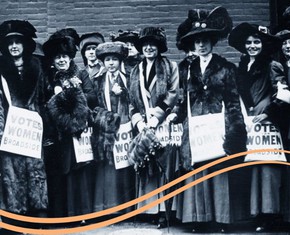




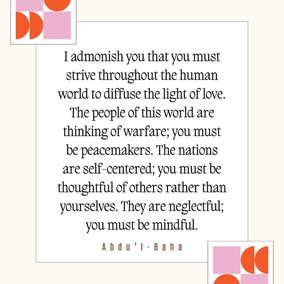
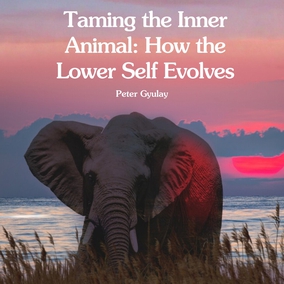
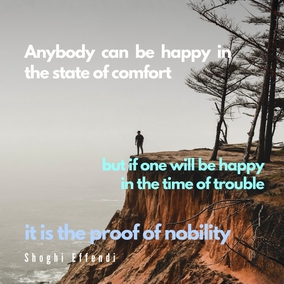

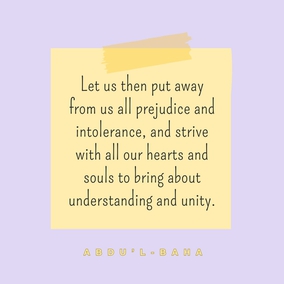

Comments
Sign in or create an account
Continue with Googleor